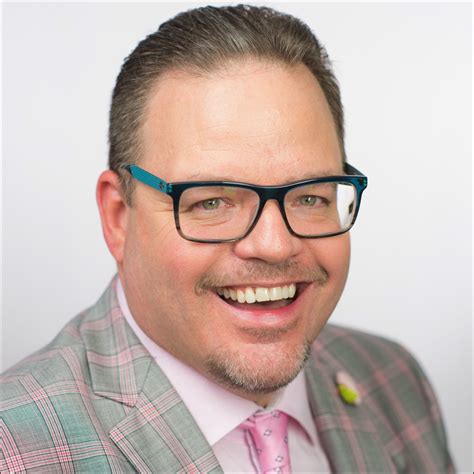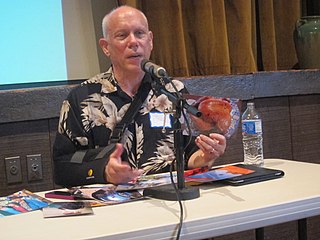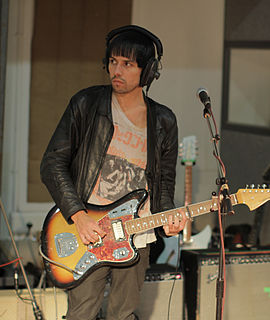A Quote by Tim Berners-Lee
Anyone who slaps a 'this page is best viewed with Browser X' label on a Web page appears to be yearning for the bad old days, before the Web, when you had very little chance of reading a document written on another computer, another word processor, or another network.
Related Quotes
Every page was once a blank page, just as every word that appears on it now was not always there, but instead reflects the final result of countless large and small deliberations. All the elements of good writing depend on the writer's skill in choosing one word instead of another. And what grabs and keeps our interest has everything to do with those choices.
He was beastly tired, but it was hard to stop. One more book, he had told himself, then I'll stop. One more folio, just one more. One more page, then I'll go up and rest and get a bite to eat. But there was always another page after that one, and another after that, and another book waiting underneath the pile. I'll just take a quick peek to see what this one is about, he'd think, and before he knew he would be halfway through it.
[T]hat old September feeling, left over from school days, of summer passing, vacation nearly done, obligations gathering, books and football in the air ... Another fall, another turned page: there was something of jubilee in that annual autumnal beginning, as if last year's mistakes had been wiped clean by summer.
I was a Teletype operator in the army, so that's where I learned to type. One day, I went downstairs to see if I could still type - I hadn't done it for four or five years after the war. So I typed out a page and I showed it to my wife and she said, "Where did you get this?" I said I wrote it. "You wrote this?" It was something very funny. I went and wrote another page, another couple of pages, and by the time I was finished I had 13 little short stories, humorous short stories.
I think our primary function is to create the strongest, deepest, most interesting news report there is in the world.And whether it's on the front page of the newspaper or leading the home page doesn't really matter. We reach a huge audience on the Web. And really, you know, the journalists, whether they are reporters or editors or Web producers or multimedia specialists, we're all creating, you know, the journalism that is the bedrock of our news report. And that's true for the newspaper, the Web, our apps, and you name it.
It would just be a pamphlet. Three pages. The first page would be Drugs I Have Taken and then a list. The next page would be People I Have Slept With and then another list. Then the last page would be Famous People I Have Partied With and then another list. Because that's all people write in their autobiographies. Cut out all the bullshit and it's just a three-page pamphlet.
It's pretty clear in how things are moving in empirically supported treatments that we're going to be speaking to the culture in a different voice. It's going to have some echoes of some of the deeper clinical and spiritual and religious traditions that had wisdom in it. If we're not going to get there through religious means and things of that kind, we're going to have to find a way to put it in the culture in a different way, because we need something right now other than yet another cable shoutcast or yet another Internet Web page showing us the cellulite on the actress's rear end.



































